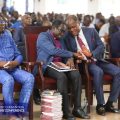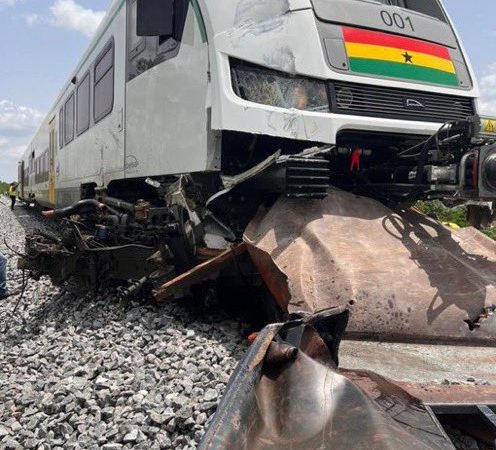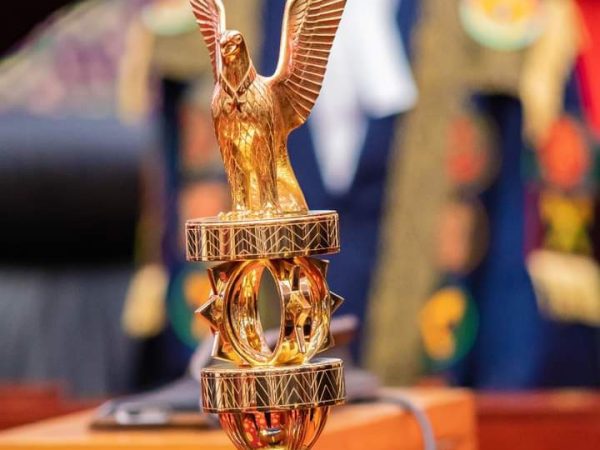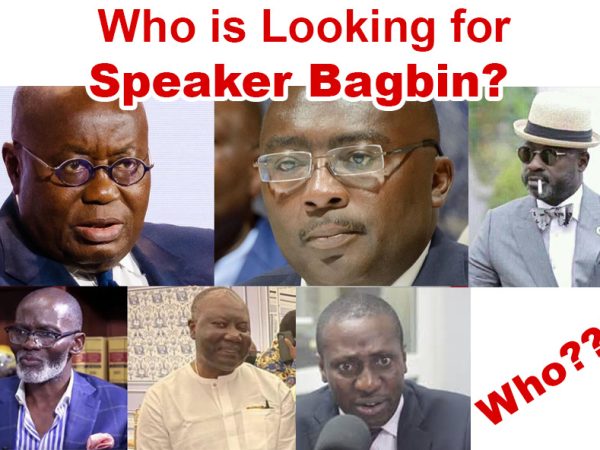Ghana’s Anti-Corruption MPs In Benin For APNAC 8th Biennial Conference
Six Members of Parliament (MPs) from Ghana’s Parliament are in Cotonou, Benin for the 8th Biennial General Meeting,2022 on anti-corruption organized by the Africa Parliamentarians Network against Corruption (APNAC).
Chairman for Ghana’s Chapter, Hon Emmanuel Kwesi Bedzrah who is leading the delegation will deliver a statement cataloging the role which the Ghanaian MPs have been doing to minimize corruption in the country.
Hon Bedzrah, MP for Ho West is also a Board Member of APNAC representing the West Africa sub-region, and a Board Member of Global Parliamentarians Against Corruption (GOPAC) representing APNAC.
The other members of Ghana’s delegation to the 8th Biennial General Meeting including Hon Dr. Emmanuel Marfo, MP for Oforikrom, Hon Kofi Okyere Agyekum Vice Chairman, MP for Fanteakwa South, Hon Morris Elvis Donkor, MP for Asebu/Abura/Kwamankese, Hon Albert Akuka Alalzuuga, MP for Garu and Hon Peter Kwakye-Ackah, MP for Amenfi Central.

The four-day anti- corruption conference is on the theme: “Creating Synergies for an Efficient Fight against Corruption-the Role of Parliament and Parliamentarians.”
MPs from over 15 Africa Countries are attending the Anti-corruption general meeting to strategies ways and means by which Parliament and Parliamentarians could help fight corruption in the African continent which has become a canker destroying and depriving development.
The APNAC meeting would be centered on issues including achievements, challenges and lessons learned in the fight against corruption by regional and national chapters giving reports on corruption fights in their respective countries and sharing knowledge and experience.
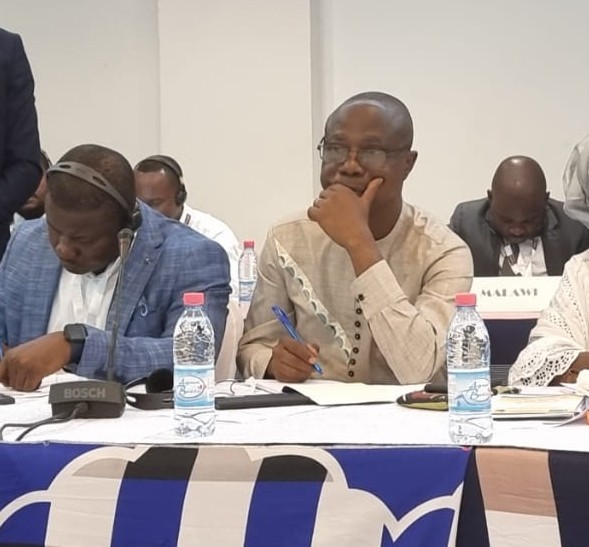
In addition, resource persons would deliver communication on the fight against corruption within the legislative system in Africa, implementation of African accountability mechanism on debt and economic recovery after COVID-19, among others.
The general meeting would also see to the elections of new members of the APNAC Board, handing over and reading and adoption of the final communiqué.

Hon Bedzrah in welcome remarks on behalf of the APNAC President, charged members to deliberate on issues that would in the end make corruption a crime against humanity in Africa.
He said even though the COVID-19 pandemic has slowdown APNAC activities in the Continent which nearly cripple the association and diminish all gains made in the last 20 years, the opportunity to reconvene should be utilized for the benefit of the continent’s progress.
Mr. Bedzrah commended the Speaker of Benin National Assembly, Rt Hon Louise G VLAVONOU for accepting the Board of APNAC proposal to have the Biennial General Meeting in Benin after the 2018 conference in Accra, Ghana.
The African Parliamentarians Network Against Corruption is an organization that aims to coordinate, involve and strengthen the capacities of African parliamentarians to fight corruption and promote good governance.
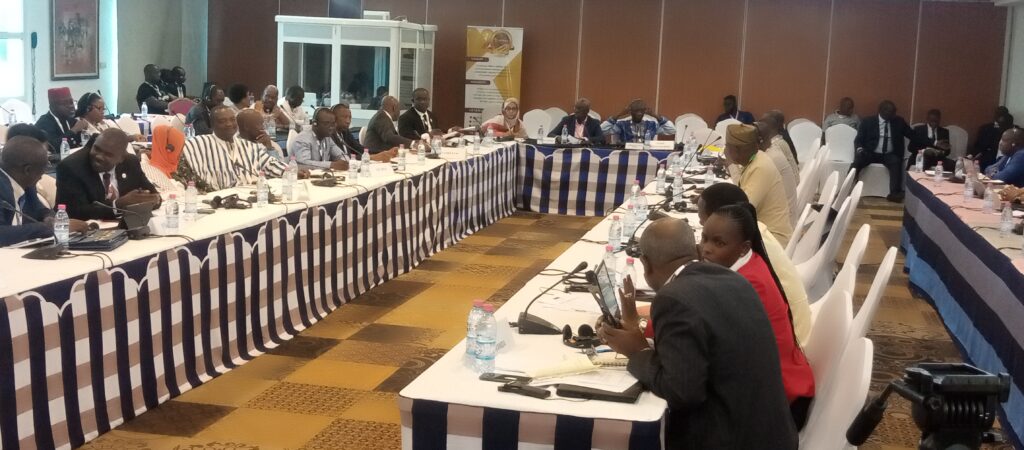
Since its formation in 1999 in Kampala, Uganda, APNAC has promoted accountability, transparency, and public participation in the processes of government, as the best ways to control corruption.
Membership is mostly the elected representatives of the people known commonly as Members of Parliament.
The MPs are revered as persons who play an essential leadership role in combating corruption throughout the legislative process, and in their oversight and representative functions.
APNAC’s mandate is promoted by its presence throughout the Eastern, Southern, and Western regions of Africa, via its National Chapters, and by working with other anti-corruption bodies in Africa and around the world.

The main objectives of APNAC are to build the capacity of parliamentarians to exercise oversight roles, especially on financial matters
It is also aimed to share information on best anti-corruption strategies and practices, promote projects to control corruption based on best practices and as well cooperate with other organizations and civil society members with shared objectives.

Source: Felix Nyaaba/Benin


